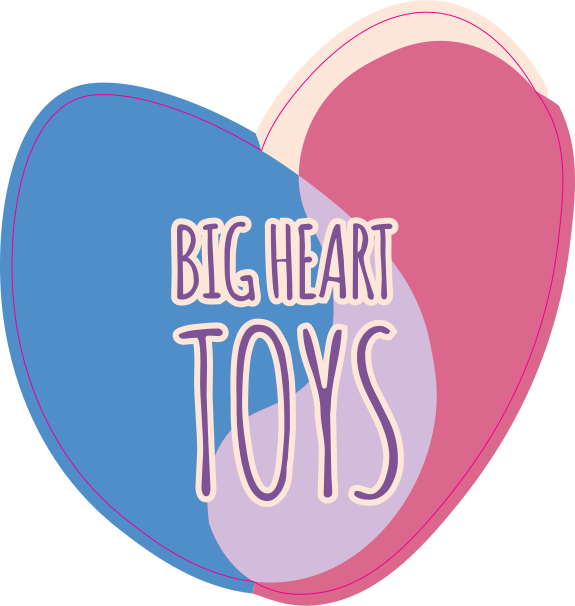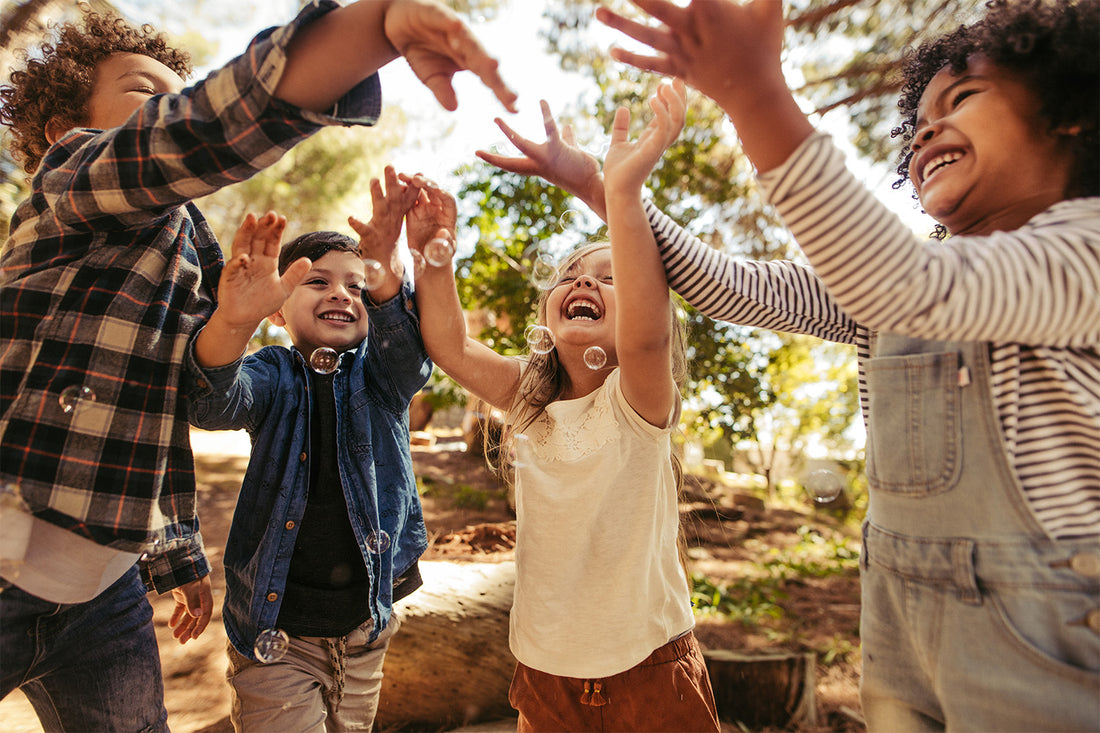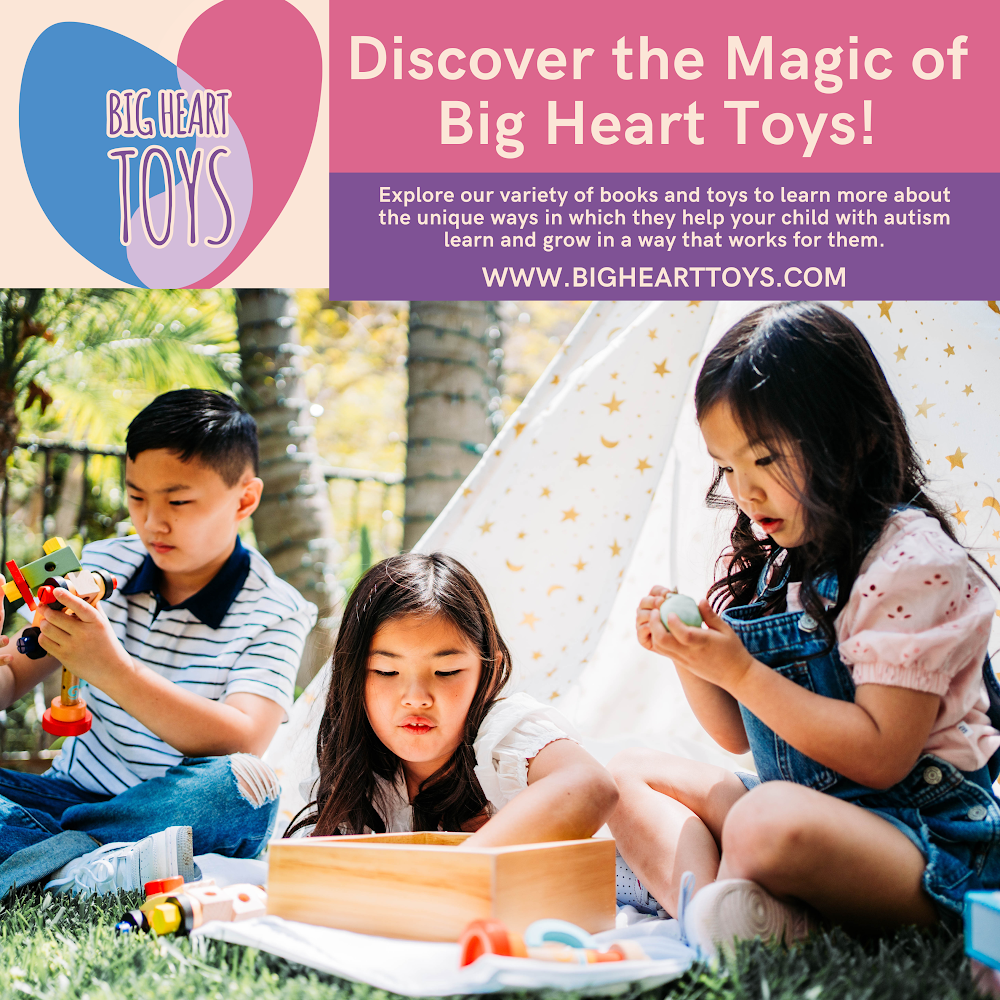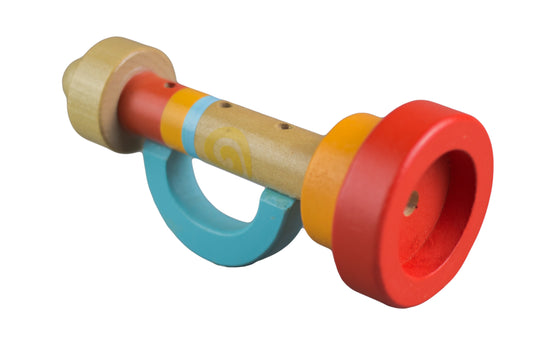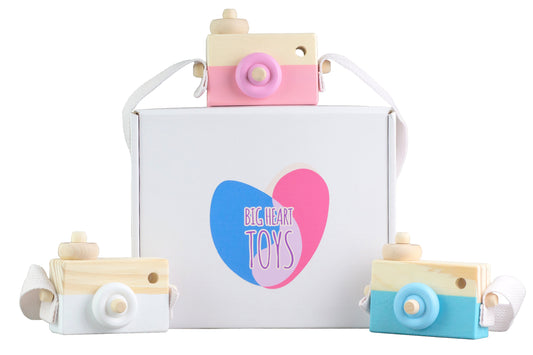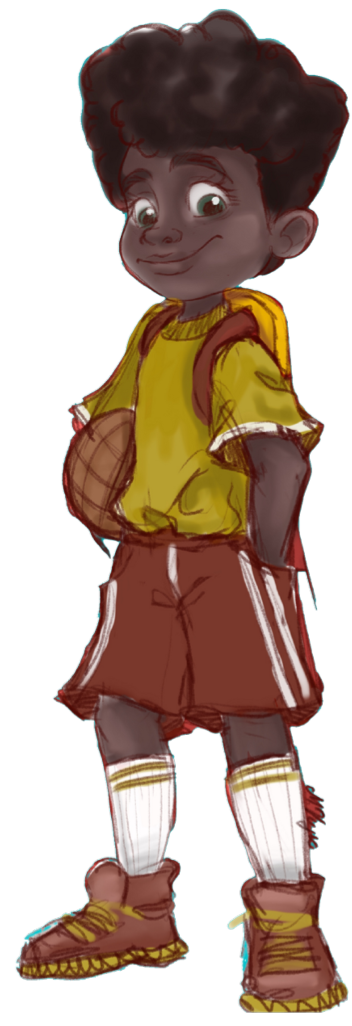As parents, we always want our children to be happy and succeed in whatever path calls to them in life. Sometimes, we wonder how to measure success. It’s easy to point to tangible items like report cards, instructor feedback, and similar.
However, much lies beyond the tangible that our children can work on (with our help) to become well-rounded, healthy, happy grown-ups — these types of strengths are called behavioral and emotional.
Every child is unique. While one might excel in math, the other might flourish in the arts. And that’s certainly not all; in fact, that’s just the surface. We also have children who might struggle with what the business world calls “soft skills.”
Business-centric soft skills won’t likely come into use for our little ones for a while (unless you count neighborhood lemonade stands). Still, there is something to glean from this — strengths aren’t just math scores and muscles; they are also critical facts of emotional resilience and grace in social situations.
This may sound simple to some, but even us adults struggle with these! Naturally, our little ones may need some extra guidance. Let's take a look at six types of strengths to emphasize in our learners and how to help build an emotional and behavioral toolbelt.
6 Emotional & Behavioral Strengths
There are all types of emotional strengths that our children will collect and cultivate — not only in the early years but their whole lives.
Having these core strengths will help them become constructive, empathetic, and adaptive human beings. Most behaviors and emotions can and will be modeled by us, the parents. We take care to be good role models and listeners and transform certain situations into valuable learning opportunities.
Let's look at six important emotional strengths for little learners:
Kindness
Teaching kindness will help children understand how they should treat other people, including peers, friends, and adults.
Our kids have good hearts, but since the human mind isn’t finished forming until 25 years of age, sometimes our babies need a bit of help to fully read the situation at hand. Not only can we model kindness to fellow adults (partners, neighbors, coworkers, and more), but we can relate to our children through a carefully-crafted apology.
Even though our kids see us as superheroes, parents aren’t perfect; it’s impossible. When we make mistakes, apologizing to our children helps build trust and models a critical life skill. An essential “I’m sorry” will consist of action ownership, an explanation, and a description of how future behavior will be adjusted.
When it comes to peer-to-peer relationships, things can be a little more complicated. Sometimes, our kid’s friends will be mean. At that point, we can help our little ones by reviewing the situation at hand, what occurred, and what should be done in the future. We can summarize the aspects of healthy friendship and work on recognizing empathy.
Curiosity
Curiosity is something that often comes naturally to children. They are always learning and wondering — it’s how they grow and learn about the world. Children seem to be constantly asking you questions or trying to figure out how things work; we’ve all heard the seemingly endless series of “why, why, why” when our kids start chatting.
Encouraging our children to ask questions and discover new things will help build their curiosity, which in return builds knowledge. Other ways to help fuel their curiosity are trips to the museum, time spent at the library, and items like a sensory bin that introduces new textures and sensations.
Confidence
Having confidence will help your child grow, learn, and try new things. When presented with different challenges, they’ll know that they have the tools to get through whatever it is.
Encouraging a “growth mindset” over a results-based value system is key to building confidence that lasts. Children who believe “I work hard” are more likely to try new things after a failed attempt than those who are taught to value “I’m smart.”
Phrases like “Your brain is growing” or “You worked so hard!” are better than “You tried your best” or “You can do better next time.” Prioritizing “yet” is also a big deal. Phrases like “You can’t do it… yet” after your learner falls off the bike will help them to envision a future where anything is possible.
Belonging
Everyone has a need to be connected to others in one way or another. Your child will feel safe and confident as long as you are assuring them of their stability. Encouraging them to make friends and creating a reliable schedule of “family time” can help.
Lastly, read them books about friendship. Textbooks aren’t the only source for learning! Children really enjoy reading books with their parents and teachers, and this can be part of a peaceful (and educational) nighttime routine.
Courage
By encouraging your child to take small and safe risks, you will help them develop courage. Every time they succeed at something they are unsure of, they will build more courage.
Your child will learn that there are great rewards for having the courage to take risks. Sometimes they will pay off, and sometimes, they will fail — but the point is that they at least try.
To encourage courage, generic warnings like “be careful” are better replaced with ones like “Do you need any help” or “Do you see that wet rock there?” Of course, sometimes adults need to swoop in the name of safety, but safe risks can help build a sense of confidence and courage.
Hope
Teaching your child to have hope will allow them to be a more optimistic person. Believing that good things will come (or that they can try again) helps grow a promote of resilience in the face of sadness and disappointment.
False promises can be tempting; “Nothing bad can happen” or “I’ll protect you from everything” tend to lead to disappointment and a false sense of security. Rather, “Tomorrow is a new day, and we can try again” or “The only constant is change” might be better alternatives. A sense of reliability and consistency (like a schedule) can help promote a sense of hope.
Giving Your Child Tools to Succeed
There are so many ways to promote emotional and behavioral strengths. Not only are books good sources of information, but imaginary play and toys can be as well.
A wide variety of learning tools will help keep children interested and intrigued when approaching new concepts and life skills. Children learn by doing: lecture halls are for adults.
Here are two avenues for teaching your child about different ways to behave and show their emotions.
-
Imaginary Play
Imaginary play is a cornerstone of childhood development. Every time we see our kids pretending to be dragons, dogs, chefs, astronauts, etc., they aren’t just playing — they’re growing.
Playing out various scenarios with your child will help them in so many ways. For example, we can teach them how to respect other people and how to show empathy to someone who may be having a bad day.
Children will also learn how to express their emotions in a healthy way. Role play and imaginary play can help teach empathy, emotional regulation, and more.
-
Books
Books aren’t only for school (although we love a classroom stocked with books!). We created a series of books to help children understand complex social situations and emotions in an age-appropriate way. Titles like Leo Handles No and Luna Ends Her Conversationare interactive guides so that children can follow along and listen to the story while learning valuable lessons.
Being a Positive Role Model
Giving your child positive reinforcement will help encourage them to continue with appropriate behaviors and emotions. Being a good role model will help mold your child into an adult you’d be proud to call a friend.
A child is forever evolving and learning, which is why we want to steer them in the right direction early on. Everyone needs help now and then, and our little ones are no different.
Encouraging play can be a positive way to help build appropriate behaviors as well. Dolls, teddy bears, or books can help them learn about various types of emotions and how to control them in a socially appropriate way. These tools can build emotional strength like hope, curiosity, kindness, and more.
The Big Heart Toys family is here to help you guide your child in a positive way. As parents ourselves, we know the importance of child development. We want to provide your child with toys and books that constantly help them grow into productive and empathetic adults.
Sources:
7 Strengths’ Supports Emotional and Social Learning | Psychology Today
What Are Soft Skills? | Balance Careers
Maturation of the Adolescent Brain | PMC
How to Apologize to Your Kids the Right Way-And Why It's Important | Parents
Growth Mindset in Early Learners | University of Nebraska Extension
Keys to Building Hope in Children: Part One | Psychology Today
